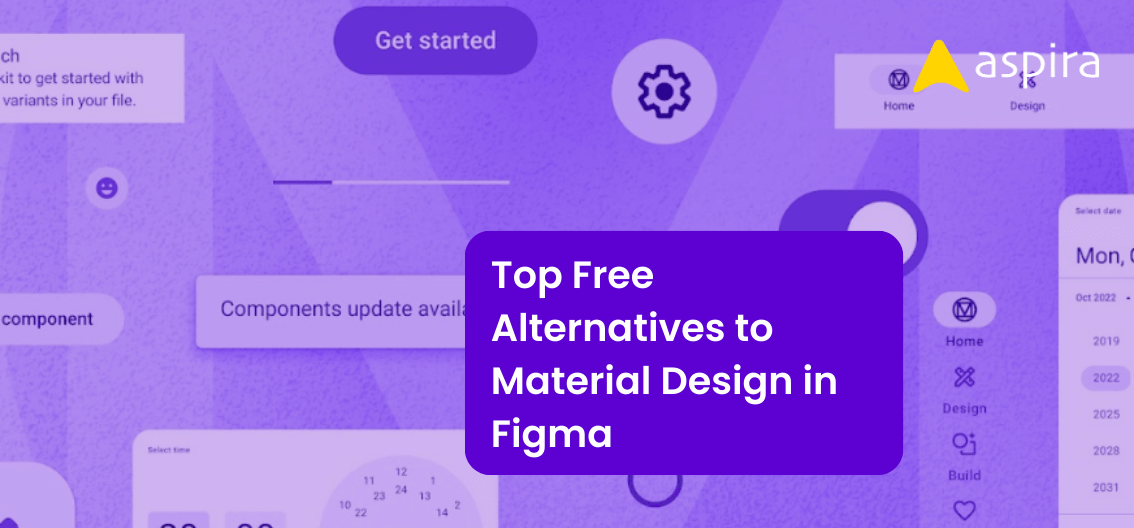UX Design - Mentor & Author.
11 Mar, 2023

Intro to Skills required for UX Designers
Innovating in ways few have ever done before is the goal of a UX designer. They must be creative thinkers, problem solvers, and natural communicators; they take user experience to the next level. The ability to sift through data and identify patterns in user behaviors can be invaluable when making design choices.
This quest requires essential soft skills—the intangibles that need to come along with technical know-how. The right mindset and ability to collaborate are critical for anyone hoping to enter this field of work.
Soft skills are just as important as technical knowledge for succeeding in this profession and need to be acknowledged when considering this career path. Without having these key attributes, the highest caliber designs will fall short of their potential reach.
To learn about the skills for UI design beginners, click here.
Soft Skill 1: Curiosity
For a successful UX Designer, it’s essential to maintain an attitude of curiosity and openness. Curiosity towards users, clients, and team members encourages better communication, resulting in more informed design decisions. Asking the right questions to gain insight into user behaviour can provide valuable information that would otherwise be missed.
Being curious also helps avoid the “I know everything” pitfall. Each brand relationship is different; taking time to understand these differences go a long way towards shaping a user experience that resonates with your brand’s audience. Whether in research or development stages, allowing yourself to be curious will unlock new directions and possibilities in the UX Design process.
Soft Skill 2: Empathy
When it comes to becoming a successful UX Designer, one of the most important soft skills to have is empathy. This means understanding the perspectives and motivations of your users and taking the time to learn about them. After all, no two products or users are alike, so each requires an understanding of their behaviours, attitudes and needs in order to create the best user experience possible.
UX Designers need to look at things from the user’s perspective instead of just their own experience. That way they can more accurately apply strategies that will resonate with their audience as opposed to ones based solely on what works for them. This level of empathy is key when creating a successful product that delivers a great user experience.
Soft Skill 3: Communication Skills
Communication is an essential skill for any UX designer who wants to be successful. It’s not just about being able to converse in English; it’s about effectively sharing ideas, suggesting solutions, and conveying findings to clients, users and teams. Successful UX designers know how to communicate proactively and coordinate with stakeholders, as well as skillfully communicate the information they need from them. Knowing the language of your customers, users and team members is a key component of communication that will help you on your path towards becoming a successful UX designer.
Soft Skill 4: Collaboration
Communication skills are essential for successful UX designers of all levels. Senior UX designers work with product managers, clients, UI design and development teams all the time and need to be able to collaborate effectively. This means working together to get things done while respecting each other’s ideas and input.
Similarly, junior UX designers must have excellent communication abilities as well. They must be able to brainstorm solutions when presented with problems, user flow design, conduct empathy mapping and collect research data from stakeholders in a productive manner. All of this requires strong communication skills that can’t be developed without open dialogue with team members.
Soft Skill 5: Being Neutral
If you want to become a successful UX Designer, it is absolutely essential to be able to maintain neutrality when making decisions. This means evaluating and analyzing data from multiple sources and coming up with balanced and unbiased conclusions.
For example, client requests for features may clash with user desires for different functionalities. As a UX Designer you have to calmly assess the evidence and present understandable conclusions based on logical data points. Doing this requires a great amount of skill and patience – but if you can do it, then you will have laid the groundwork for creating an effective product.
Conclusion
The UX design profession is growing rapidly and the need for soft skills in UX designers continues to increase. Soft skills are what will ultimately make a successful UX designer. They will allow you to successfully navigate the complexities of user experience design. By obtaining the necessary knowledge and honing their soft skills, designers can become true experts able to empower business success through great user experiences.


